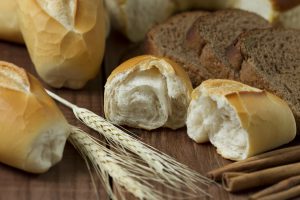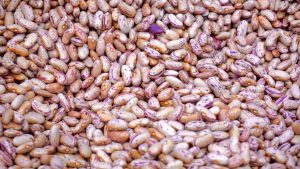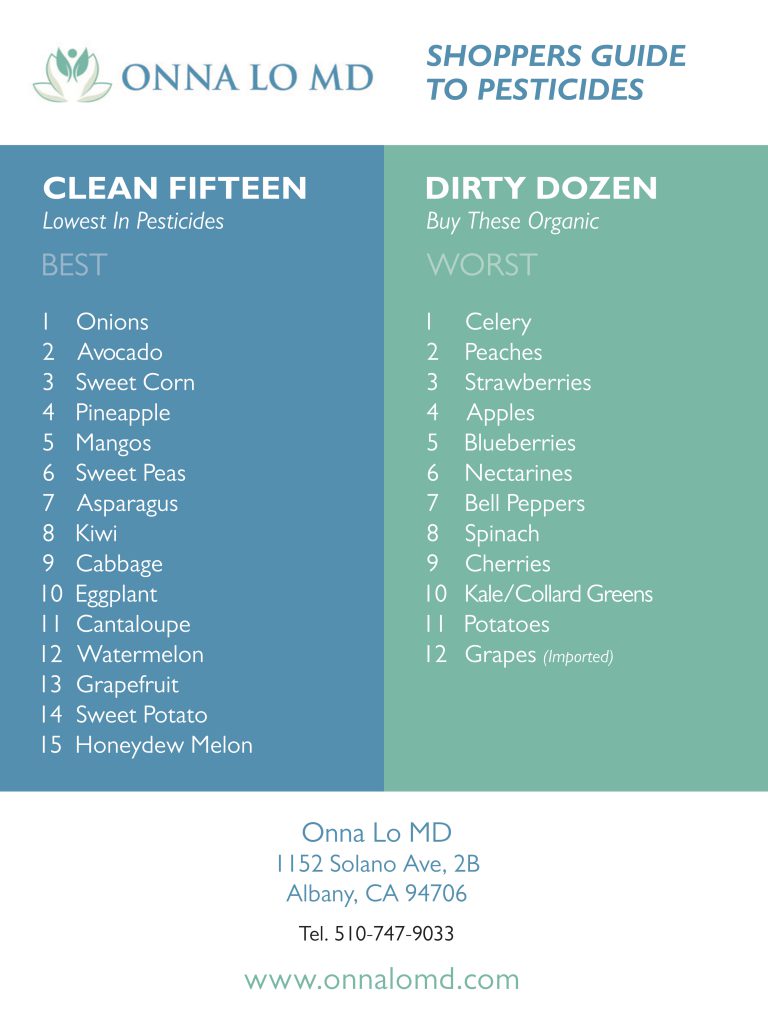If you want to improve your brain health, at any age and in any condition, this article is a must-read for you.
This article is perfect for four types of people:
A) You are starting to notice the first signs of cognitive decline:
- Confusion
- Poor motor coordination
- Loss of short-term or long-term memory
- Identity confusion
- Impaired judgment
B) You simply want the best brain health your whole life through.
C) You are supporting a loved one who has started to lose optimal brain function.
D) All of the above.
Whether you yourself are suffering, your loved one is struggling, or you are an advocate of healthy living- you will want to take note of the 16 tips offered here in this guide.
This guide is based on Dr. Bredesen’s #1 Bestseller, The End of Alzheimer’s: The First Program to Prevent and Reverse Cognitive Decline. His substantial work in the field of reversing cognitive decline is instrumental for anyone suffering from this themselves or supporting a loved one going through this process.
These tips would truly benefit all of us, especially those of you who are trying to find the right protocol to support your brain health. Stay tuned next week too when we share part 2 of this special series!
Lorem ipsum dolor sit amet, consectetur adipiscing elit. Ut elit tellus, luctus nec ullamcorper mattis, pulvinar dapibus leo.
1. Fast for at least 12 hours between the end of dinner and the beginning of breakfast.
This allows autophagy to occur, which helps your brain to destroy aggregated proteins and other unwanted accumulated molecules. It is best to break the fast with water with some lemon, as a detoxifying drink. Please note: It is best to work with your functional medicine doctor to ensure your blood sugar levels are in a safe proper range for fasting.
2. Fast for at least 3 hours prior to going to bed.
This helps to prevent insulin from inhibiting melatonin and growth hormone, and thus improves sleep and immune function.
3. It is key to minimize simple carbohydrates
Such as sugar, sweet treats, bread (white and brown), white rice, white potatoes (OK to eat sweet potatoes and other colored potatoes in small quantities), soft drinks (both regular and diet, since diet alter microbiome), alcohol, candy, cakes, processed foods, and anything else with simple carbohydrates. The goal is to change from carbohydrate metabolism to lipid metabolism.
4. Make most of your diet from items that have a glycemic index lower than 35.
For a list of glycemic indices for food, see: https://www.health.harvard.edu/diseases-and-conditions/glycemic-index-and-glycemic-load-for-100-foods
5. Vegetables should be the largest part of the diet
Especially non-starchy ones. Include both uncooked (salads) and cooked. Include as many colors as possible.
6. Avoid fruit juices, but eat fruits
The whole fruit includes the fiber or have smoothies with fruit, but do not make the smoothies too sweet —best with some vegetables.
7. Avoid gluten and dairy as much as possible.
It is recommended that you get Cyrex Arrays 2, 3, 4 and 20 to help guide you: Array 2 is to determine if you have leaky gut; Array 3 is to determine if you have gluten sensitivity; and Array 20 is to determine whether you have a leaky blood-brain barrier.
8. Reduce blood sugar
You can do this by including fiber, both soluble and insoluble. Try this recipe to make your own almond milk.
9. Reduce toxins
Try this by including cilantro, cruciferous vegetables (e.g., broccoli, cauliflower, brussels sprouts).
10. Include good fats
Such as avocado, nuts, olive oil, seeds, etc.
11. Avoid processed foods and instead eat whole foods.
12. Meat is a condiment, not a main course.
If you eat it, fine, but don’t eat too much (2 or 3 ounces, 1-5 nights per week), and eat pastured chicken or grass-fed beef. Fish is fine if wild caught, best to avoid high-mercury fish such as tuna, swordfish, and shark (fish with large mouths and long lifespans are worst). “SMASH” fish are best (salmon, mackerel, anchovies, sardines, and herring).
13. Emphasize foods with high nutrient density
Such as kale and romaine lettuce. Each day, try to eat at least 3 helpings of:
- Dark leafy greens, such as kale, collards, spinach, or chard.
- Colored vegetables or fruits, such as berries, carrots, or beets.
- Sulfur-rich vegetables, such as cabbage, broccoli, cauliflower, or asparagus.
- Include aromatic herbs such as cilantro, parsley, basil, or mint.
14. Be aware of the “dirty dozen and clean 15” foods.
The Dirty Dozen are foods highest in pesticides, and therefore important to buy as organic:
Click here to learn more: https://www.ewg.org/foodnews/dirty-dozen.php
The Clean 15 are foods that are not sprayed as heavily, and therefore relatively safe to buy conventionally (non-organically):
Click here to learn more: https://www.ewg.org/foodnews/clean-fifteen.php
15. For grains, legumes, nuts, and seeds, it is helpful to remove the lectins and phytates
Do this by soaking prior to cooking: https://wholelifestylenutrition.com/health/is-soaking-grains-and-legumes-necessary-and-how-to-properly-soak-and-prepare-them/
16. Incorporate pro-biotics and pre-biotics
Do this after determining that you do not have a leaky gut (Cyrex 2). Pro-biotics help to optimize your microbiome, the bacterial population in your gut. Pro-biotic foods include fermented foods such as sauerkraut, kimchi, kombucha, dairy- free yogurt, tempeh, miso, kefir, and coconut water. Pre-biotics help to support the bacteria of the microbiome. Pre-biotic foods include jicama, chicory, Jerusalem artichoke, and others.
In Summary
There are so many benefits to having the proper nutrition. We hope that this information is useful for you on your journey for the best cognitive health. If you’d like personal support in this process please click here to learn more about our Happy Health Brain Longevity Program. Also, be sure to check out our entire series on cognitive health by clicking the links below:
Guide To Boosting Your Cognitive Health Part 1: Nutrition
Guide To Boosting Your Cognitive Health Part 2: Lifestyle Tips
Guide To Boosting Your Cognitive Health Part 3: Kirtan Kriya
Guide To Boosting Your Cognitive Health Part 4: The Ketogenic Diet
Guide To Boosting Your Cognitive Health Part 5: Is your blood sugar affecting your brain?
PS: You are invited to click here to sign up for our free 14 Days to Health Video Series and to join our Facebook group for personal support: The Happy Health Community.
Tune in next week when we share Guide To Boosting Your Cognitive Health Part 2: Lifestyle
RESOURCES:
Book: The End of Alzheimer’s: The First Program to Prevent and Reverse Cognitive Decline
by Dale Bredesen, MD
Website + Research: https://www.drbredesen.com/thebredesenprotocol























